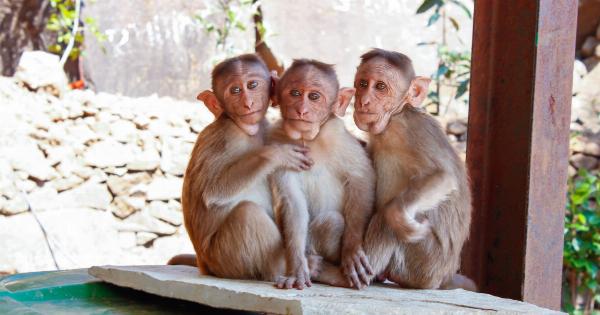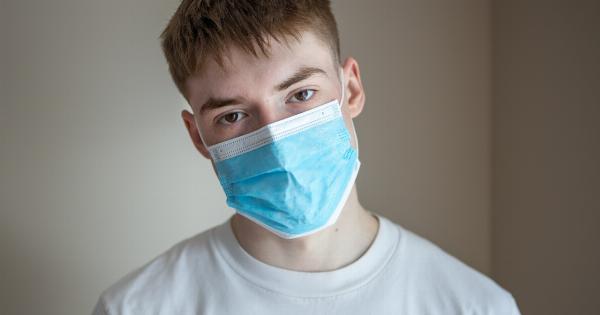Monkeys have been causing havoc in the UK, with 78 outbreaks reported across the country. These monkeys, which are known as macaques, are native to Asia, but have been brought over to the UK for scientific research purposes.
However, many of these monkeys escaped from their cages and have been populating the UK, causing problems for the local population.
How did the monkeys get to the UK?
The macaques were brought over to the UK in the 1970s and 1980s for medical research purposes. The monkeys were used in medical experiments to study the effects of various drugs on the human body.
However, many of these monkeys were kept in cages that were not secure enough, and they were able to escape into the wild.
Once these monkeys were in the wild, they were able to reproduce rapidly, and their populations boomed. The monkeys are now found across the UK, with some populations numbering in the thousands.
These monkeys are particularly prevalent in certain areas such as Gibraltar, Scotland, and Wales.
Why are the monkeys causing problems?
The monkeys are causing problems for several reasons:.
- They are a nuisance to the local population because they can be aggressive, steal food, and damage property.
- They are a threat to local wildlife because they compete for food and territory with native species.
- They are a health risk because they can carry diseases that can be transmitted to humans.
- They are an ecological threat because their population growth can upset the balance of the local ecosystem.
What is being done about the monkey problem?
Several measures have been put in place to try to control the monkey population:.
- Trapping: Monkeys are trapped and then relocated to an area where they will not pose a problem.
- Sterilisation: Some monkeys are sterilised to reduce their population growth.
- Education: The local population is educated about how to live with the monkeys and how to avoid conflicts with them.
However, these measures have had limited success, and the monkey problem persists.
What can individuals do to help?
Individuals can take several steps to help reduce the monkey problem:.
- Do not feed the monkeys: Feeding the monkeys can encourage them to become more aggressive and can also lead to health problems for the monkeys.
- Secure your property: Make sure that your property is secure so that the monkeys cannot enter and cause damage.
- Report monkey sightings: If you see a monkey, report it to the local authorities so that they can take appropriate action.
By taking these steps, individuals can help to reduce the monkey problem and ensure that the local population is safe.
Conclusion
The monkey problem in the UK is a serious issue that needs to be addressed. While several measures have been put in place to try to control the monkey population, these measures have had limited success.
Individuals can take steps to help reduce the monkey problem, but more needs to be done to ensure that the problem does not continue to grow.































